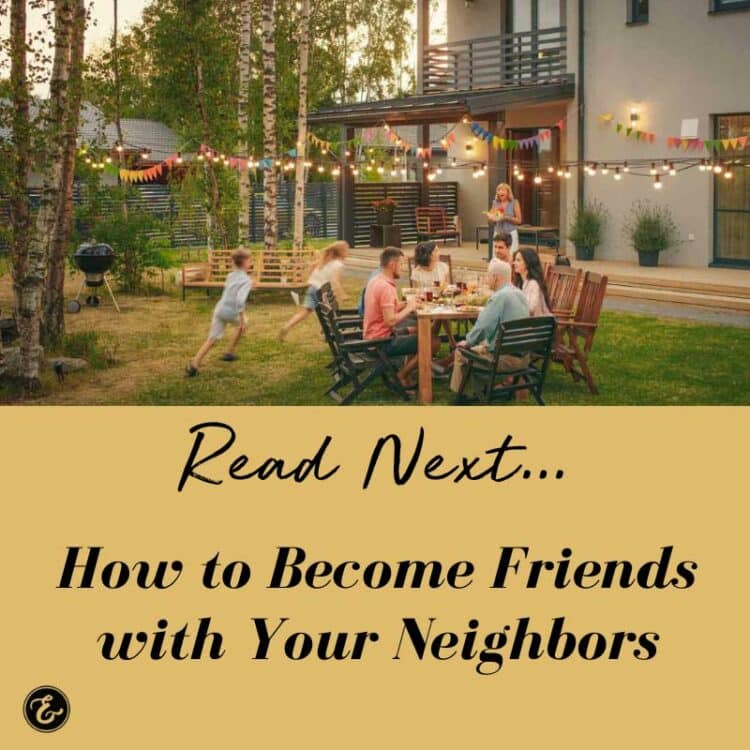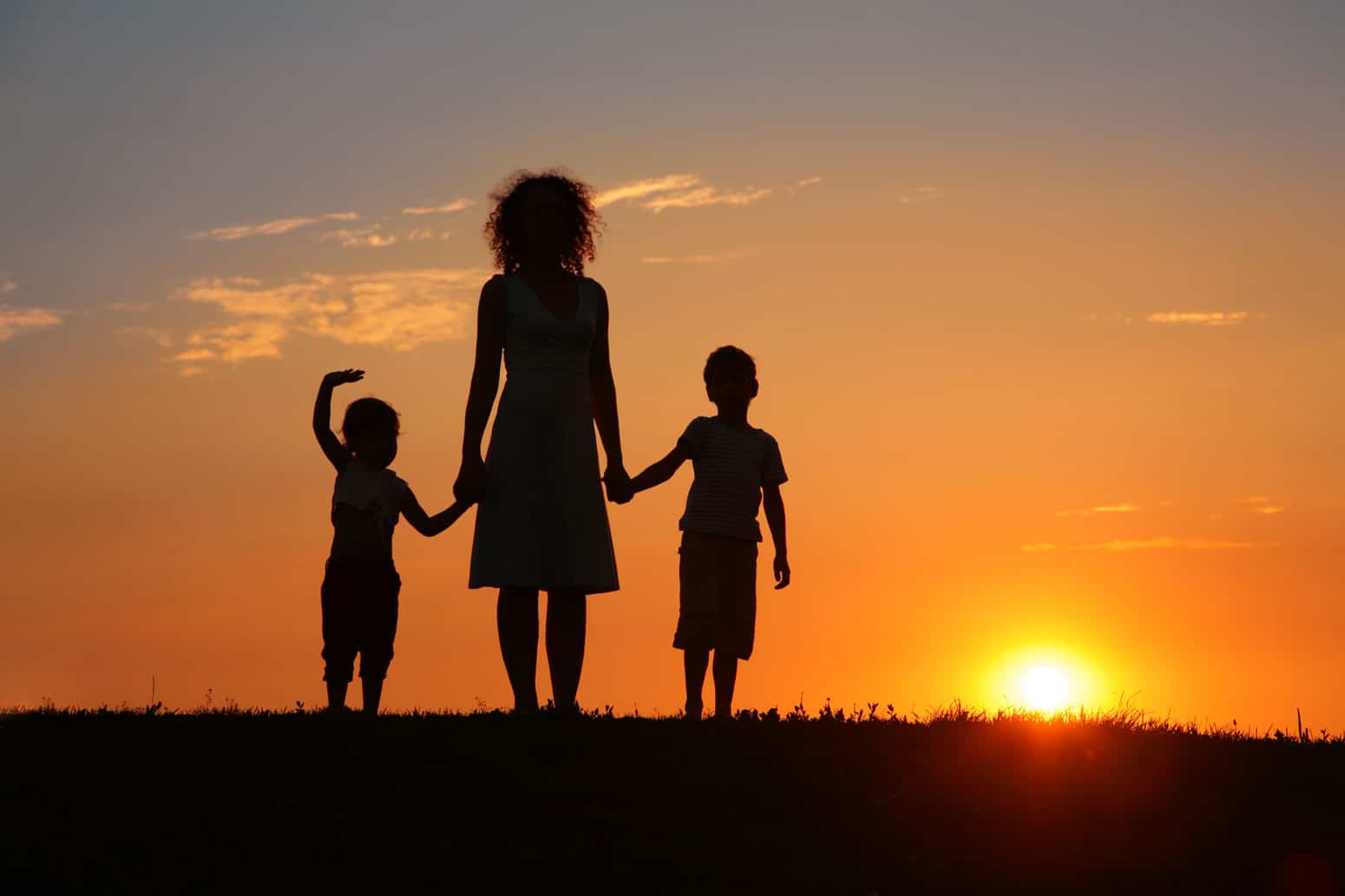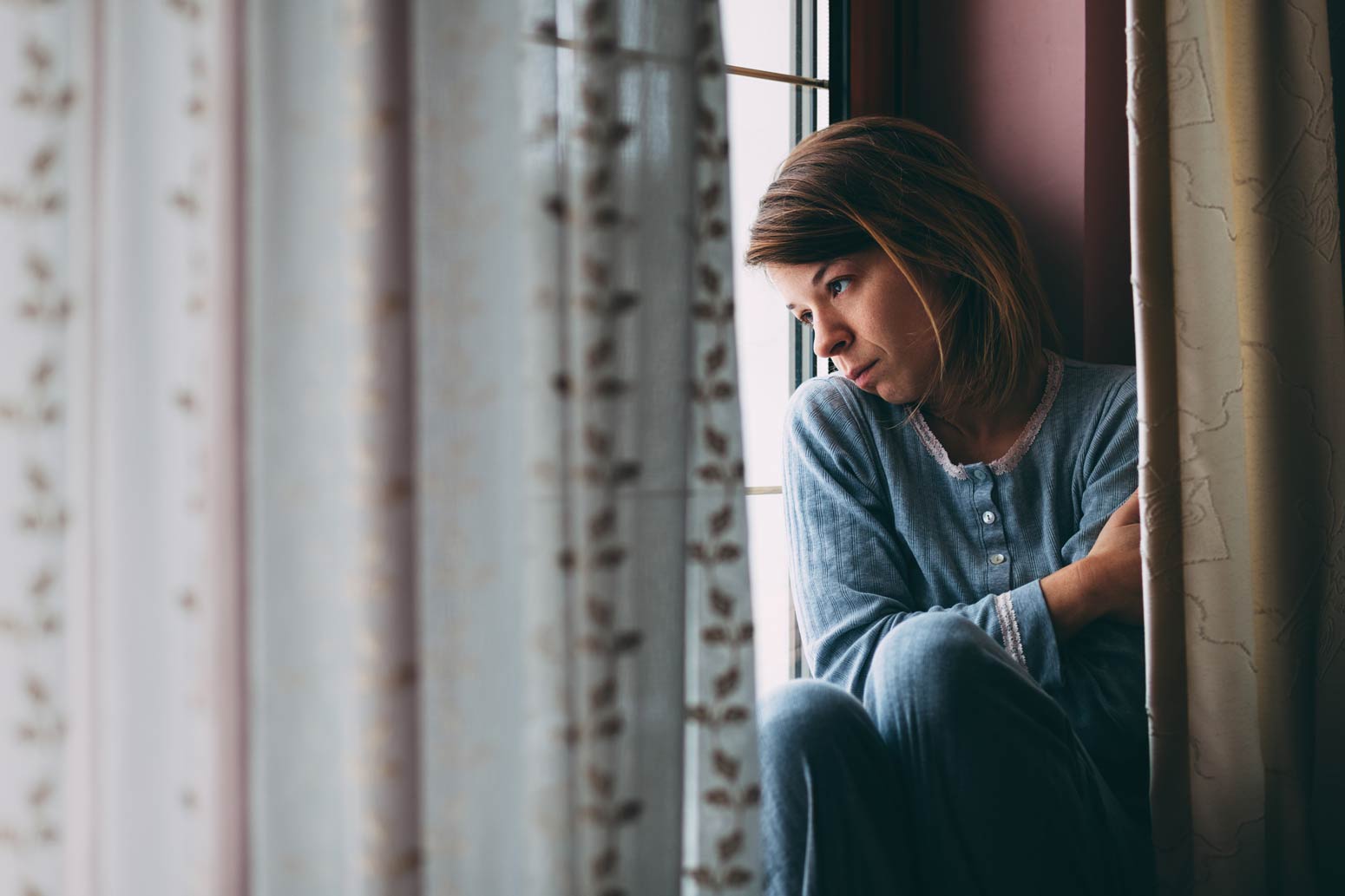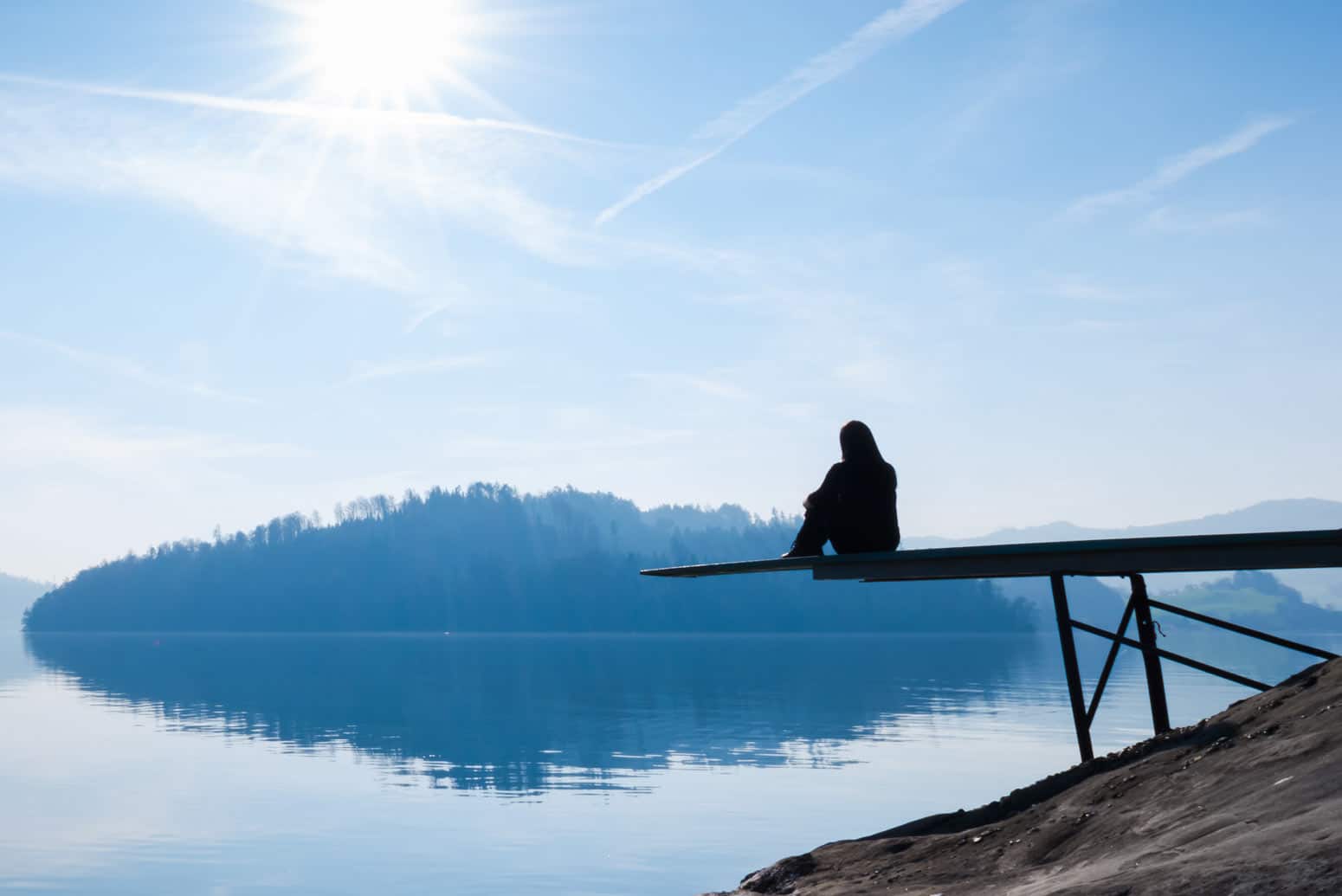Loneliness seems to be an increasingly real problem for people all over the world. Even before the COVID-19 pandemic, 61% of American adults reported feeling lonely. Add to that several months of social distancing and remote work, along with the usual sense of isolation caused by social media, and it’s clear that we are facing none other than what behavioral scientist and researcher Susan Mettes is calling the loneliness epidemic.
Grit and Grace Life interviewed Susan about this particular slice of her research and her new book, The Loneliness Epidemic. Originally intended to become a podcast episode, the recorded audio quality wasn’t quite suited for headphones and speakers, but the content is nevertheless just as vital. We’ve adapted Susan’s responses into a Q&A article format, which you can read below.
This interview has been edited for length and clarity.
What Prompted You to Write The Loneliness Epidemic?
I actually started working on The Loneliness Epidemic before the pandemic was a twinkle in anyone’s eye, and that’s because loneliness has actually been playing an increasing role in the lives of Americans for a while. I do opinion research: I was working a lot with foreigner groups and what I was seeing in our interviews and in our data was that loneliness is playing a really big role in people’s lives. And I said, Hey, I think there’s a book in this. I think we need to explore this and figure out what’s going on.
I started doing that and as soon as we got one survey out, the United States experienced the COVID-19 pandemic. So we had this remarkable opportunity to do ask the same questions of groups before there was the pandemic and then after Americans were staying at home most of the time and social distancing. What we found was what other researchers also found.
It was a surprise that loneliness, at least in those first months, was not really affected. Now there are lots of reasons that we can explain that: One is that people do have internal resources. And when you feel like you’re in an emergency together, you can feel a sense of camaraderie. But three years in, I would expect that we’re starting to feel lonely in either the same ways or worse ways than we were before.
And I think what we can expect is that those resources that we were relying on earlier on are depleted, and the repeated disappointments that we’ve all experienced during this time are serving also to make us disappointed in our relationships, which is really what loneliness is.
What Causes that Disappointment that Leads to Loneliness?

It’s really hard to tease out causes, but if you look at the definition of loneliness, it kind of has some of that explanation hidden in it. Loneliness is the difference. It’s the disappointment that we feel when our relationships don’t meet our expectations, or when there’s somebody specific that we need and don’t have access to.
So it can be something like we don’t have as many friends as we would like. It could be that we’ve lost our spouse, or somebody’s died; we’re bereaved. And so when you look at those things, it starts to make a little more sense.
Young Americans experience the most frequent and the most intense loneliness of any of the groups I looked at. And that is a surprise to a lot of people. But when you think about what life is like as a young adult, you are going through lots of changes in your relationships, lots of changes in your schedule and where you spend your time and who you spend your time with. And lots of these drive toward stability and instability. People are searching for romance; they’re searching for satisfying work.
What Can We Do to Prevent or Avoid Loneliness?
So we’re talking about at this point Generation Z, some of whom are adults, and millennials, who are… some of them are about to turn 40, actually. So they’re even older than 35. One of the main things that predicts a lack of loneliness or that predicts satisfaction in relationships is marriage. It makes a huge difference in people’s lives and it’s across age groups in the United States. It’s not just one generation of marrying later and being less likely to marry. Now, most people want to marry. Most people want to find a permanent relationship with somebody and make a home with them.
Consider the Beauty—and Benefits—of Marriage
But what people say about why they’re delaying marriage, if they’ve got a relationship with a specific person, is that they’re often waiting for financial stability. And a lot of other people haven’t found somebody that they want to spend their lives with. I think one of the things that we outsiders can do is to help people feel financially stable. They’re not making it up. There’s a lot of scary financial stuff that millennials have experienced that the rest of us just haven’t.
One of the other things is to help them dispel this myth that your marriage, or even that children in marriage, is the cherry on top of life accomplishments. Marriage actually helps people reach a lot of goals. Financial stability comes after marriage much more easily than before.
And so does happiness, especially for men who tend to hear this message that their fun will be over once they’re married and that’s not true. Most people find that marriage is really a place of flourishing. I think we can do a better job of getting that message out. I also think we can put less pressure on people to have these $30,000 weddings and do what we can to help them have a good enough wedding that makes them happy and gets them married.
Most people find that marriage is really a place of flourishing. I think we can do a better job of getting that message out.
I think those are some ways to start working on the marriage problem, but another is to really invest in people’s lives so that they see what good relationships look like, what good marriages look like. A lot of people are leery of marriage because they’ve seen bad examples. I think we need to provide a counterpoint to those patterns in their lives.
I got married when I was in my mid-thirties. And I was told by several people that I was a career-oriented person and that I should get serious about having a family. Well, the thing is, I was serious about having a family. And I think there’s this perception of why people haven’t met somebody or why they haven’t married. The idea is that they’re just somehow personally failing. That might happen sometimes, but I think also if you want to gain somebody’s trust, you need to not come at them with those stereotypes of why not.
Make and Invest in Friendships
One of the big aspects of loneliness in our culture is that we aren’t as good at making friends as we really need to be. So marriage makes a big difference, but everybody needs to have buddies. Everybody needs to have friends, and we need to have people who are in those early stages of friendship, as well as people that you’ve known for a long time. And that means that we all need to be in the process of making friends.
We have actually gotten pretty bad at this—we have fewer close relationships than we used to as Americans. We don’t have the close relationships with neighbors and people around us that we used to, and those can be very life-giving. What you see when you look at a community and who’s lonely and who’s not, the people who aren’t lonely tend to have a greater variety of relationship types.
So it’s not that they found the one who’s their spouse and checked that box. They’re done with loneliness. No—those people have spouses. They have siblings, they have neighbors, they have friends, they have acquaintances that they are investing in. And that’s really something that I think we can all aspire to. We are putting a little too much pressure on our nuclear families to take care of our loneliness problem. And it’s actually a weak link in our society and in our ability to resist loneliness.
We are putting a little too much pressure on our nuclear families to take care of our loneliness problem.
Get Out of Your Comfort Zone
I think we often miss those opportunities to connect with others because we think it’ll be awkward to talk to somebody we don’t already know. And so what if it is? But usually people are happier to speak to us than we expect them to be. And that can be particularly true with neighbors. I actually introduced myself to a new neighbor. He was a young man living with several other people who were kind of getting started. I introduced myself to him and he really ran away! I thought, oh buddy, kinda need to change that.
[For those who know they are lonely but are frightened at the thought of taking that first step and reaching out], you don’t have to change your personality. That’s not actually a good idea when you’re trying to make long-term relationships. So that means if you’re an introvert or if you’re shy, you can stay an introvert; you can stay shy.
But the way friendships are formed is usually running into somebody spontaneously and liking them and running into them again and then doing it on purpose. If you’re putting yourself out of reach of those chance encounters, then that could have to do with the position you’re putting yourself in.
For example, if you are a college student, are you in the library? Because being in the library and going to the library can still be an experience of solitude and aloneness, but you are more likely to meet somebody who’s similar to you on the way there, or there itself.
I would also say to invest in higher quality communication with the relationships that you do have. If most of what you’re doing right now is texting or most of what you’re doing is chatting online, try to upgrade that by one or two degrees: Try to do a video call; try to visit that person. The quality of your interactions has a lot to do with your loneliness, as well as who you’re having [those interactions] with and how much you’re having them.
I would start with simply making sure that your habits aren’t closing you off to making new friends, and that the friends and the loved ones that you have get as good a picture of your life as you can offer them. I actually found that about a third of Americans feel lonely every day. So there’s a very good chance that somebody that you’re running into is at least as lonely as you are.
Is There Hope In Terms of Our Ability to Conquer the Loneliness Epidemic?
For example, just the fact that a lot of people, as they age, are becoming less lonely, and there are generational patterns. There’s also the fact that, over time, [with] those relationships you invest in, you have a harvest. And we are conscious of this as a problem. And I think the time of ignoring it or feeling like we’re the only one—I hope that’s over. And that means that we can really start to concentrate on the things that are life giving.
Make sure that your habits aren’t closing you off to making new friends.
But I would also say that loneliness is a gauge. It can be a problem in its chronic form. It’s a problem at the societal level. It has some health effects, but if you as an individual are experiencing loneliness, what it’s telling you is to work on your relationships. See if you can have more satisfying relationships with what you’ve got.
Loneliness is not something that you’re doomed to; it’s not something that’s permanent. Usually you get through it. And I’m saying this as somebody who lives a life where I’m often away from loved ones for long periods of time. I’m a military wife. I get lonely. I’m not lonely all the time though. And what I’ve learned is to try to work with that.
Sometimes it feels like suffering. Sometimes it just feels like a less good day. But to work with that makes me more compassionate towards others. And I think that is worthwhile. It is worthwhile to understand and enjoy other people more.
The final thing I would say is, I think this will expire. I do not think loneliness is a forever thing. And for that reason, I really look forward to a time when we see each other as we are and are able to connect in a really deep way. I think that will be after the resurrection, when Jesus comes. So we can hang in there for these short periods of loneliness and work with what we’ve got. We can let it turn us towards others.
—
When feelings of loneliness and isolation crept in, this wife and mom decided to plan a trip with nine of her friends—and pulled it off! Check out her story: How do I Connect with Friends when I Feel Alone? with Katie Cress – 165














